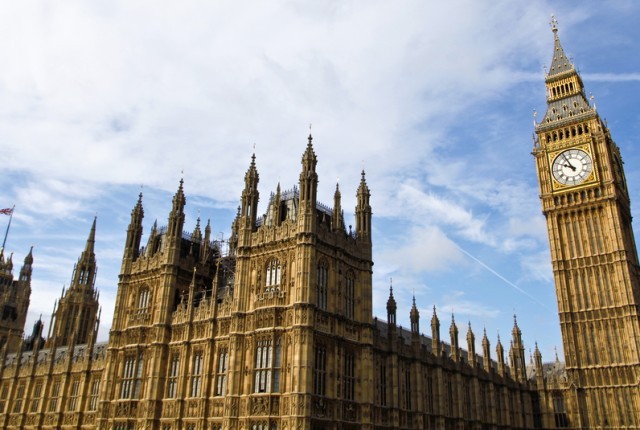

The number of supermarkets offering EV charge points has increased
One-in-ten UK supermarkets now offer access to an electric vehicle (EV) charge point, new analysis from Zapmap and the RAC shows.
Supermarkets added more than 600 new charging locations in 2023 – a year-on-year increase of 59% - with devices now found at 1,616 stores, up from 1,015 in 2022, and 13% of all 12,839 UK supermarkets.
Charger installations also increased by two-thirds (69%) with stores adding 1,195 new charging devices last year. This brought the total number up from 1,721 in January 2022 to 2,916 by the end of 2023.
The analysis suggests the vast majority of the 1,107 units installed were rapid or ultra-rapid – a 145% increase on the 451 rapid chargers installed in 2022.
It means that more than half (55%) of all supermarket charging locations now offer higher-powered charging capabilities.
By the end of last year, 10% of all rapid and ultra-rapid chargers in the UK were based at supermarket locations – 1,107 units out of 10,967 across the country.
Sainsbury's
Sainsbury’s has seen the biggest year-on-year growth thanks to the launch of its ultra-rapid network Smart Charge.
After installing just 53 units in 2022, the retailer nearly tripled its total device numbers in 2023 by adding 104 new chargers to its stores.
Sainsbury’s had the highest average number of rapid chargers per location, at four units per store across the 22 shops that provided high-powered charging.
It is also expanding its ultra-rapid electric vehicle charging network further, opening a hub at its store in Fosse Park, Leicester, recently.
The company has said it will deploy 750 charging bays by the end of the year, with the 150kW chargers at more than 100 stores.
Tesco
Tesco is still leading the way as the biggest overall supermarket charging network.
With 1,305 devices now in place across 4,859 shops, the retailer added 497 chargers to its stores last year.
Consequently, Tesco has nearly 900 more devices than its nearest EV charging rival Morrisons, which has 413 chargers.
Although the number of Tesco sites with charging facilities increased by 50% year-on-year, rising from 412 stores to 617 at the end of 2023, only 10% (132) of its 1,305 devices were rapid or ultra-rapid.
Just 12% of Tesco supermarkets can charge an EV at all, due to the size of its portfolio which includes many convenience stores without parking.
Morrisons & Lidl
Both Morrisons and Lidl take the top two consecutive spots for both the greatest proportion of chargers per estate and the number of rapid chargers installed.
Morrisons had 413 devices at 69% (344) of its 497 stores, 99% (342) of which had rapid devices. This is set to increase further after it agreed on a deal with Motor Fuel Group (MFG).
MFG is buying 337 petrol stations from Morrisons and more than 400 associated sites to develop ultra-rapid EV charging hubs in a £2.5 billion deal.
Elsewhere, Lidl has 346 chargers at nearly a third (30%) of its 960 stores in 2023, with 91% (258) of the 285 EV locations offering rapid charging facilities.
Asda
Asda has uninstalled a large proportion of its devices after its contract ended with BP Pulse, dropping by 72% from 165 in 2022 to just 46 in 2023.
This represents a drop of 81% from the 246 devices it had installed in 2021 and leaves it with facilities at just 22 stores, only 2% of its entire estate.
Most popular EV charging locations
Supermarkets are one of the most popular charging locations for EV drivers across the UK, according to Zapmap’s latest EV charging survey.
Although motorway services and EV charging hubs displaced supermarket car parks as the most popular UK charging locations in 2023, supermarkets remain in the top three of the most regularly used location types, with more than 35% of respondents indicating they regularly stop at supermarkets to charge, as they are part of a regular routine whereby drivers can tie charging into their weekly shop.
If you need any more information, email [email protected], call 0115 958 6872 or fill in an enquiry form below.
Have Any Questions?
Qualified Team Available
Related Articles

The Bank of England has announced that base rates have been cut to 3.75%.

The Autumn Budget 2025 has been announced. Here are the key points.

MAF Finance Group has been awarded Asset Finance Broker of the Year in the Leasing Foundation's Going Further Awards 2025.
